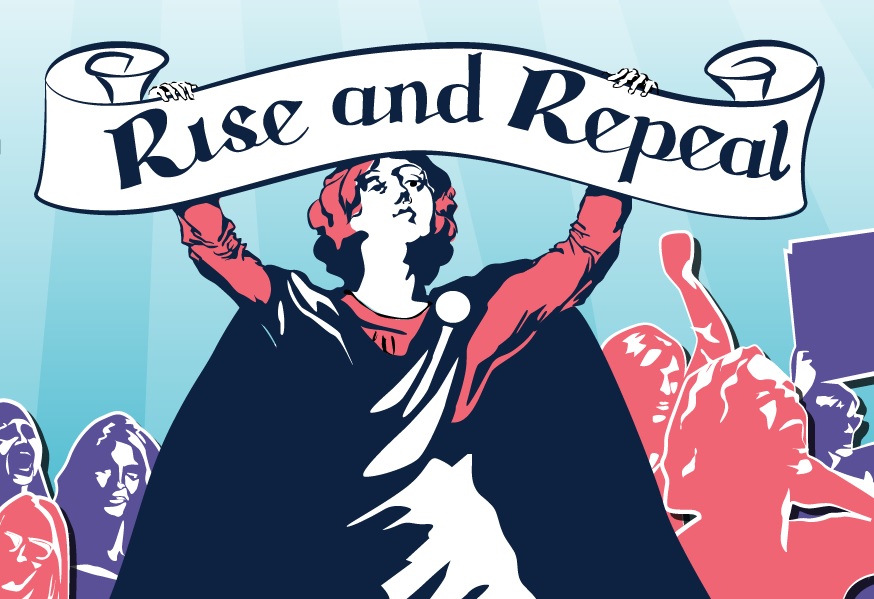Her story is one many Irish women face, yet a position no woman should be subjected to in modern Ireland.
Amanda was just 21 weeks into her pregnancy when her baby was diagnosed with Edwards’ syndrome, congenital heart defects, and a prognosis of death shortly after birth if not in the womb. Under Irish law Amanda Mallet was denied the option of having an abortion.
Given the limited chance of survival and the increased risk of complications in birth she travelled to Liverpool for a termination on December 2nd, 2011.
Following the anguish of travelling abroad to access health services denied in Ireland Amanda filed a complaint with the UN Human Rights Committee. The Committee found that Ireland’s abortion laws violate the UN’s International Covenant on Civil and Political Rights and called for reform.
The ruling aligned Ireland’s ban on abortion, subjecting a woman carrying a foetus with a fatal abnormality, to “discrimination” and equated the practice to “cruel, inhuman or degrading treatment.”
So far the Irish government haven’t been very good at listening to UN or EU rulings, but with pressure on the administration to have a referendum to Repeal The 8th there is a chance that the people of Ireland will get to speak up and correct an injustice which seems so transparent to a younger generation.
However one of the key issues which might prevent Ireland from progressing towards greater reform and access to health services is the weight of a conservative majority who may not be as receptive to constitutional change for the sake of something as ‘unholy’ as abortion.
Ireland, traditionally a catholic stronghold, has a very gloomy past in its understanding of child mortality, historically speaking stillbirths and unbaptised infants were buried outside of church graveyards in unholy burial grounds called Cillíns.
This is significant as an older generation have a very different mentality in how they grasp the miracle of life, the suffering of humanity, and the rural attitude of ‘If you have livestock you must be prepared to have deadstock”.
The older generation accepted the loss of life as one of the hardships they faced and the practice of burying a child in a Cillín was a part of the grieving process whereby a mother would not lament over the graveside of her child and left wondering who they might have become.
The focus therefore became not on the life lost but on the lives of all those who might be. So it’s no surprise that in 1983 the Irish electorate voted by a 2:1 margin in favour of amending the 1937 Constitution to specifically protect the life of the unborn child. A referendum I might add which had the support of both Charles Haughey and Garret Fitzgerald.
The challenge facing Repeal The 8th advocates is to explain the reasons why women should have the right to an abortion, to convince traditional sections of society that the necessity for abortion is not borne out of some millennial desire to use abortion as a form of frivolous contraception. To tell people the story of Amanda Mellet, to prevent Irish women suffering further cruel, inhuman and degrading treatment.
“I hope the day will soon come when women in Ireland will be able to access the health services they need in our own country, where we can be with our loved ones, with our own medical team, and where we have our own familiar bed to go home and cry in. Subjecting women to so much additional pain and trauma must not continue.” Amanda Mallet
(Image from www.abortionrightscampaign.ie)

 RSS Feed
RSS Feed
